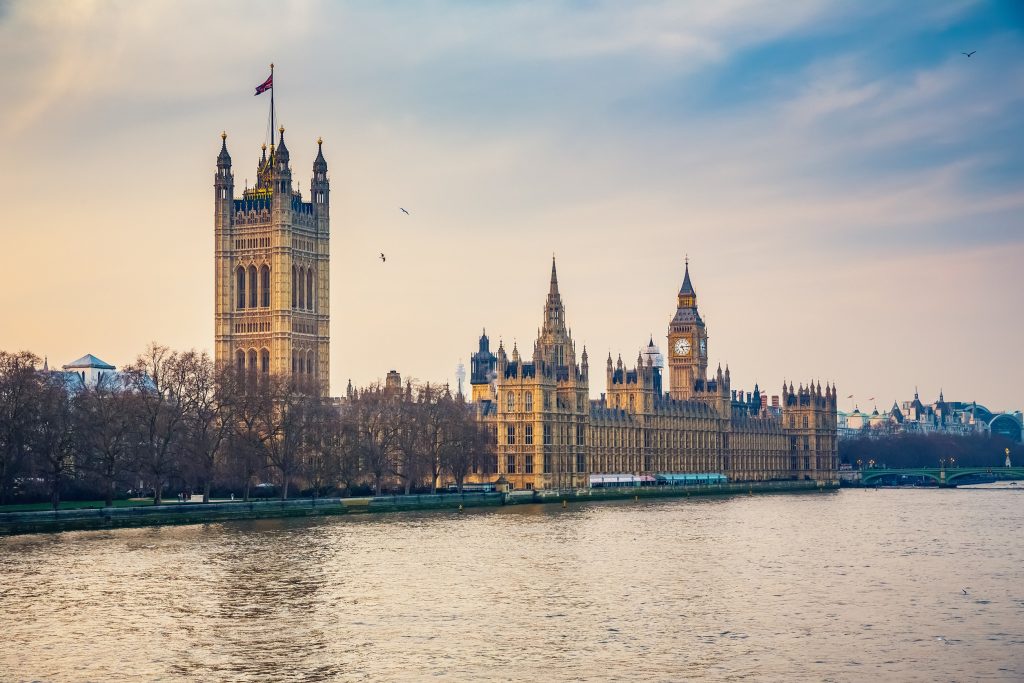
www.optimistdaily.com
MPs vote to decriminalize abortion in England and Wales in historic victory for women’s rights
BY THE OPTIMIST DAILY EDITORIAL TEAM
British lawmakers have voted to decriminalize abortion, ending the threat of prosecution for women who terminate pregnancies outside legal parameters. The amendment to the government’s crime and policing bill represents the most significant change to reproductive rights in England and Wales in nearly six decades.
Passed with 379 votes in favor and 137 against, the amendment was brought forward by Labour MP Tonia Antoniazzi. While the existing legal framework for abortion, which includes gestational limits and the requirement for two doctors’ approval, remains intact, this vote ensures that women will no longer face criminal charges for ending pregnancies outside those rules.
Doctors who provide abortions outside the current legal framework can still face legal consequences. However, women who, for example, take abortion pills after the legal time limit or obtain them without a prescription, will no longer risk arrest or a potential life sentence.
Antoniazzi told fellow MPs that Parliament had a “once-in-a-generation opportunity” to stop the criminalisation of women for personal health decisions. “There is a moral imperative here,” she said, referring to vulnerable women who have been “dragged from hospital bed to police on suspicion of ending their own pregnancies.”
A troubling rise in prosecutions
The vote follows a troubling increase in recent prosecutions. In 2022, a judge at Oxford Crown Court expressed disbelief over a case involving a 25-year-old woman who was reported to police after clinicians found abortion pills in her system, despite the fact her baby had survived. Calling the prosecution “sad and tragic,” the judge described the trial as a “waste of court time” that lacked any public interest.
The following year, Carla Foster received a 28-month prison sentence for using pills to end a pregnancy estimated to be between 32 and 34 weeks. The medication had been provided after a remote consultation during the COVID-19 lockdown. Her sentence was later reduced and suspended. In the Court of Appeal, Dame Victoria Sharp said it was “a case that calls for compassion, not punishment.”
Bethany Cox, from Teesside, faced a three-year investigation after being questioned while “in the throes of grief,” according to her lawyer, Nicholas Lumley KC. She was ultimately acquitted in 2024 after prosecutors offered no evidence. “She has suffered so extensively over this prosecution and investigation,” Lumley said, “all the while grieving what took place.”
And just last month, Nicola Packer was found not guilty of taking abortion pills beyond the legal limit after a nearly five-year legal ordeal. “To waste five years of my life that I’m never going to get back,” she said, “I don’t know how anybody could justify that—to drag out the trauma continuously.” She added, “It has been the worst four and a half years of my life.”
Antoniazzi also referenced the case of a woman named Laura, who was jailed for two years after being coerced by an abusive partner into taking abortion pills while the partner faced no legal consequences. “This is urgent,” she said. “We know multiple women are still in the system, awaiting a decision. They cannot afford to wait.”
Support from medical leaders and advocates
The vote was welcomed by a broad coalition of medical bodies and advocacy groups, including the British Medical Association, Women’s Aid, and the Fawcett Society. Six medical colleges had called on MPs to act swiftly.
Professor Ranee Thakar, president of the Royal College of Obstetricians and Gynaecologists, called the result “a victory for women and for their essential reproductive rights.”
Louise McCudden, UK head of external affairs at MSI Reproductive Choices, said the decision sends “a powerful message that our lawmakers are standing up for women” at a time when reproductive rights are under attack globally. “Most notably in the United States,” she added, “we’re seeing rollbacks on reproductive rights. This crucial milestone… matters.”
Heidi Stewart, CEO of the British Pregnancy Advisory Service, called the vote “a landmark moment for women’s rights in this country and the most significant change to our abortion law since the 1967 Abortion Act.” She thanked those who had campaigned, singling out women like Packer who “have spoken out about their traumatic experiences in the hope of achieving the change parliament has delivered today.”
Political context and what comes next
While Labour leader Keir Starmer was not in the chamber for the vote, he made clear that he would have supported the amendment. “It is a conscience issue,” he said while attending the G7 summit in Canada. “But my longstanding in-principle position is that women have the right to a safe and legal abortion.”
A competing decriminalisation amendment tabled by fellow Labour MP Stella Creasy was not voted on, and a separate proposal from Conservative MP Caroline Johnson aimed at limiting telemedicine abortion access was rejected.
Although the amendment marks a seismic shift, it does not immediately become law. The broader crime and policing bill must still pass through both the House of Commons and the House of Lords before receiving royal assent. However, with a strong parliamentary majority, its final approval is widely expected.
As Antoniazzi and her allies celebrated the vote, the sentiment was clear: this long-overdue reform signals a new chapter for reproductive justice in the UK. And for the many women whose lives were disrupted by outdated laws, it offers a measure of relief and long-awaited recognition.The post MPs vote to decriminalize abortion in England and Wales in historic victory for women’s rights first appeared on The Optimist Daily: Making Solutions the News.










